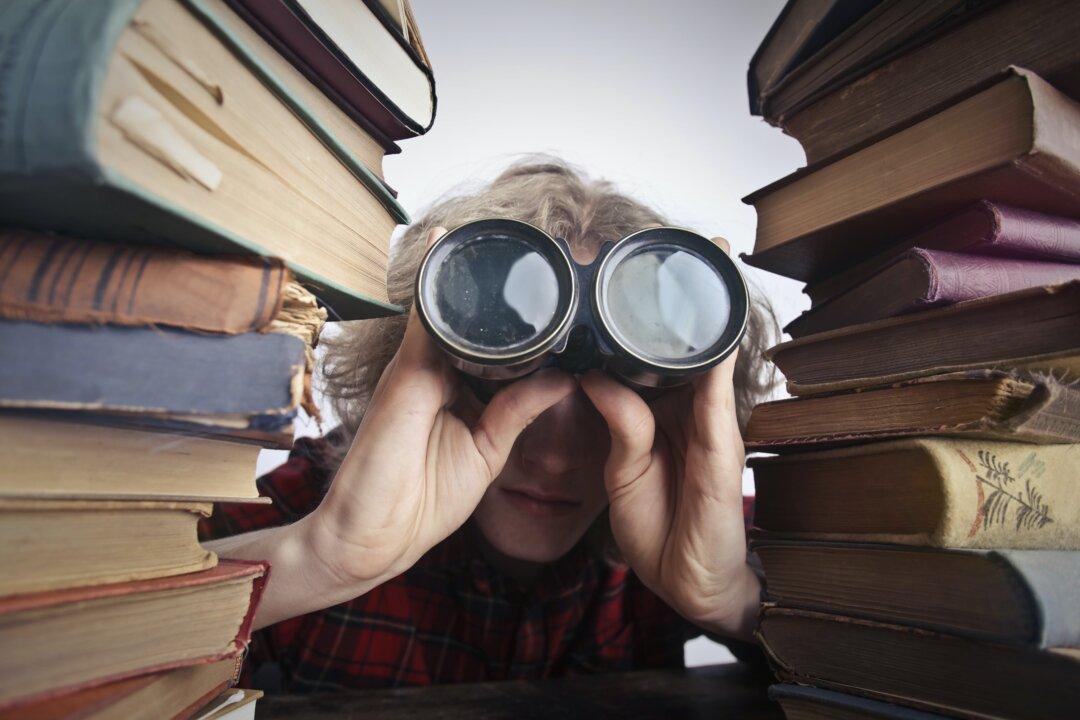Whenever I write for The Epoch Times or other outlets about books, which is frequently, a reader or two will email me asking if I might send them a list of authors and titles worth their while. Most of them are looking for suggestions for their children and grandchildren, seeking to supplement their education with quality literature and histories. A few are autodidacts who, feeling that they are missing some fundamental part of their education, seek books to fill those gaps.
Though my responses are, I am certain, sometimes inadequate, these inquisitive folks have in one sense come to the right guy. “Books about books” constitute one of my favorite genres for reading.






